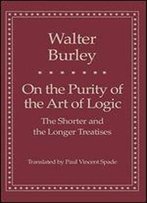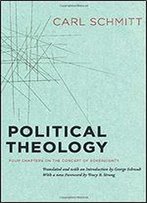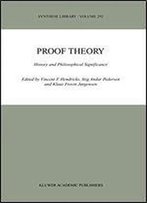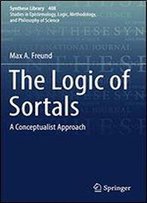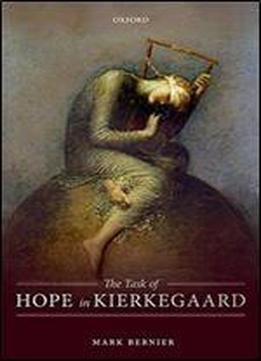
The Task Of Hope In Kierkegaard
by Mark Bernier /
2015 / English / PDF
1.1 MB Download
Scholars have largely ignored hope in Kierkegaard's thought, typically passing over it as a mere description of faith, rather than a theme in its own right. However, Mark Bernier argues that for Kierkegaard hope is one of the most valuable qualities of the religious life, and it is an essential thread connecting despair, faith, and the self.
In The Task of Hope in Kierkegaard, he reconstructs Kierkegaard's theory of hope, which involves the distinction between mundane and authentic hope, and makes three principal claims. First, while despair involves the absence of hope, a rejection of oneself, and a turn away from one's relation to God, despair is fundamentally an unwillingness to hope. This unwillingness is directed toward authentic hope, conceived of by Kierkegaard as an expectation for the possibility of the good. Second, hope is not simply an ancillary activity of the self rather, the task of becoming a self is essentially constituted by hope. To be in despair, and therefore, to be unwilling to hope, is in fact to reject the task of becoming a self. Third, faith stands in opposition to despair precisely because it is a willingness to hope. An essential role of faith is to secure the ground for hope, and in this way faith secures the ground for the self. In short, authentic hope-what Kierkegaard calls spiritual hope-is not merely a fringe element, but is essential to Kierkegaard's project of the self.

